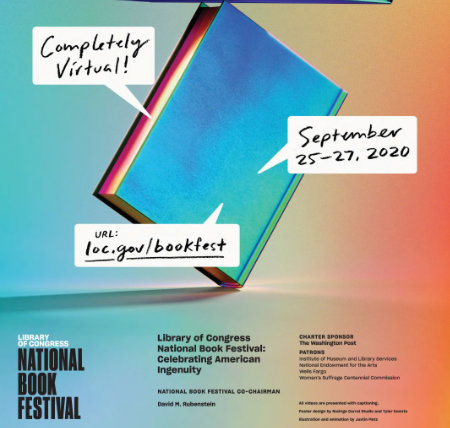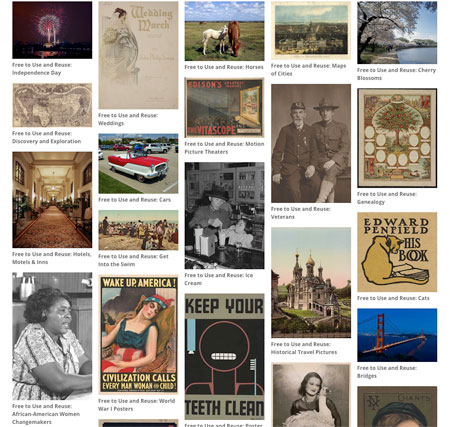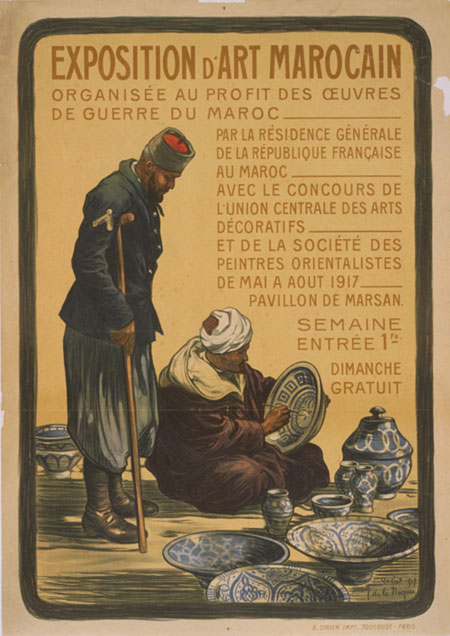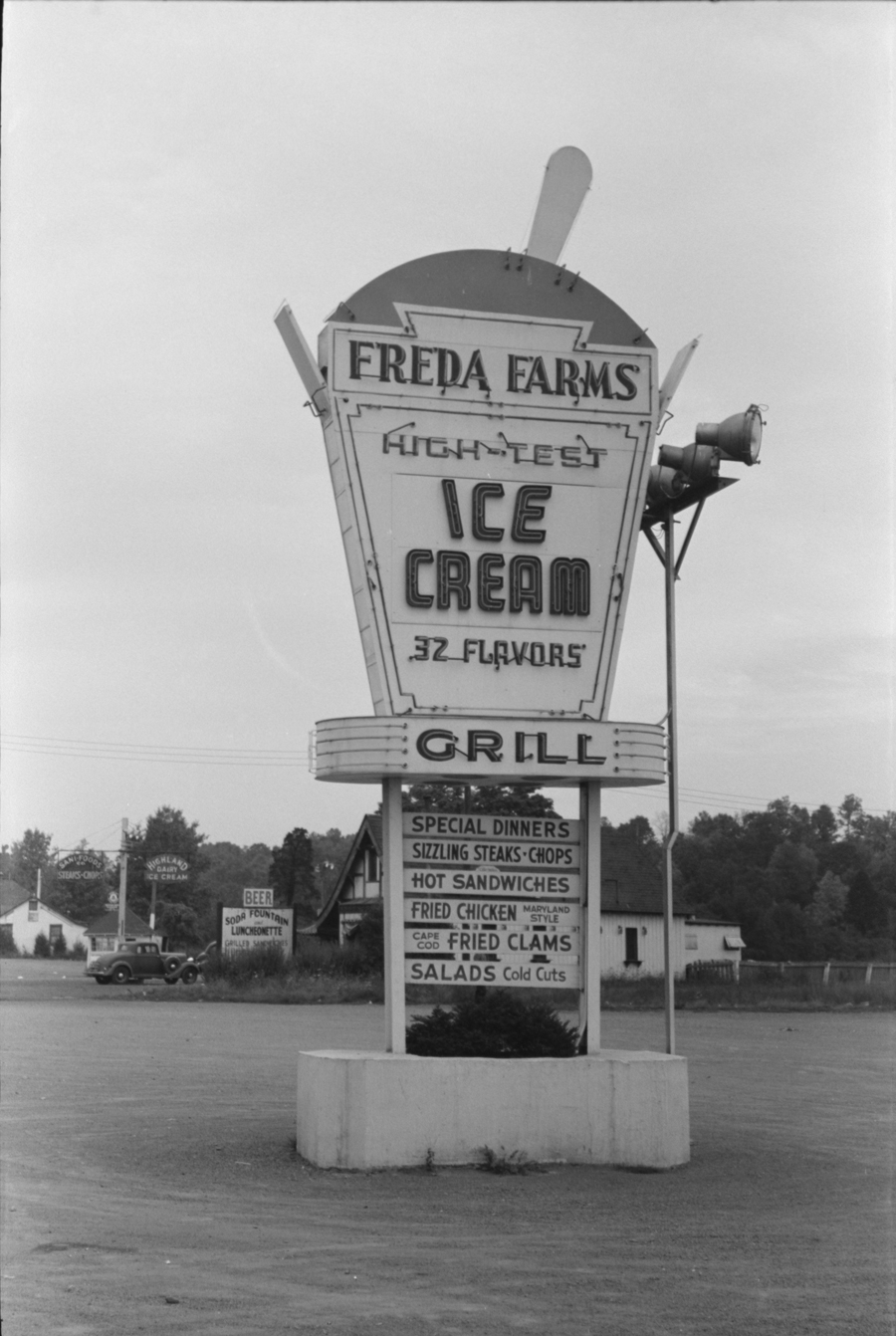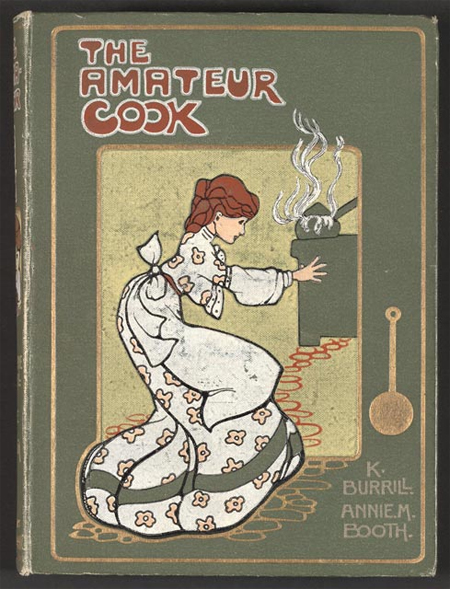Literature Links: 2020 National Book Festival
Overview The 2020 National Book Festival ran from September 25-27 and featured a combination of prerecorded and interactive live Q&A programs with more than 120 authors, poets and illustrators. For a complete line-up of authors and their video presentations, please see the full video on demand list. Highlights from Children’s and Teen Stages at Virtual…

